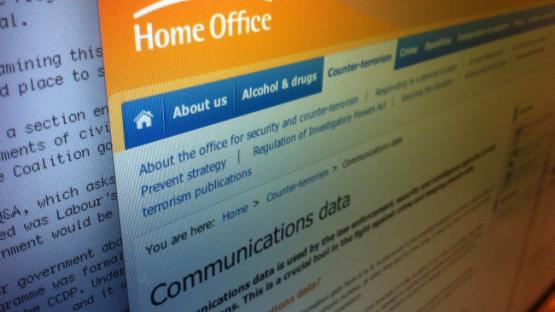Myths, modifications and surveillance 'modernisation'

It is an increasingly common tactic of governments to say very little about a proposed policy, wait for opponents to start speaking publicly about it and then seize gleefully upon any error, accusing their opponents of peddling 'myths'. This allows officials to spend more time talking about what the policy isn't, and less time explaining what the policy actually is.
One recent example of this has been the Home Office's approach to its policy for 'modernising' communications surveillance. For instance, instead of clarifiying the details of the policy when the media revealed the government's intention to introduce new communications surveillance powers, the Deputy Prime Minister responded to questions by complaining:
There's been a lot of scaremongering, a lot of myths about in the media over the last couple of days.
The Home Secretary wrote an article for the Sun, but instead of clarifying the policy, she merely stated:
There are no plans for any big Government database. No one is going to be looking through ordinary people's emails or Facebook posts.
In 2008, when the Home Office (then under the direction of Labour's Jacqui Smith) made public statements about the Interception Modernisation Programme, officials were always quick to point out that the project was notabout accessing voice or email content - but less keen to elaborate on what it was about. Then in 2009, when a public consultation was being conducted, the Home Office repeatedly hammered home the point that there would be no centralised database (this idea had been floated in 2006 but then abandoned) and ridiculed their opponents for suggesting such a thing.
Now, we have a new government, a new Home Secretary and a new version of IMP (renamed the Communications Capabilities Development Programme), but the discourse remains the same: "people are scaremongering" and "this is not about content". There's also quite a bit of revisionist history here: certain ministers are claiming that this new policy is completely different from the old policy because "there are no plans for a centralised database". This allows those who opposed the last government's proposal to save face, and take credit for a decision that was actually made by their predecessors.
Politicians' statements are becoming indistinguishable over time, space and party-political divides. This is the point that we are trying to make clear in this little game.



